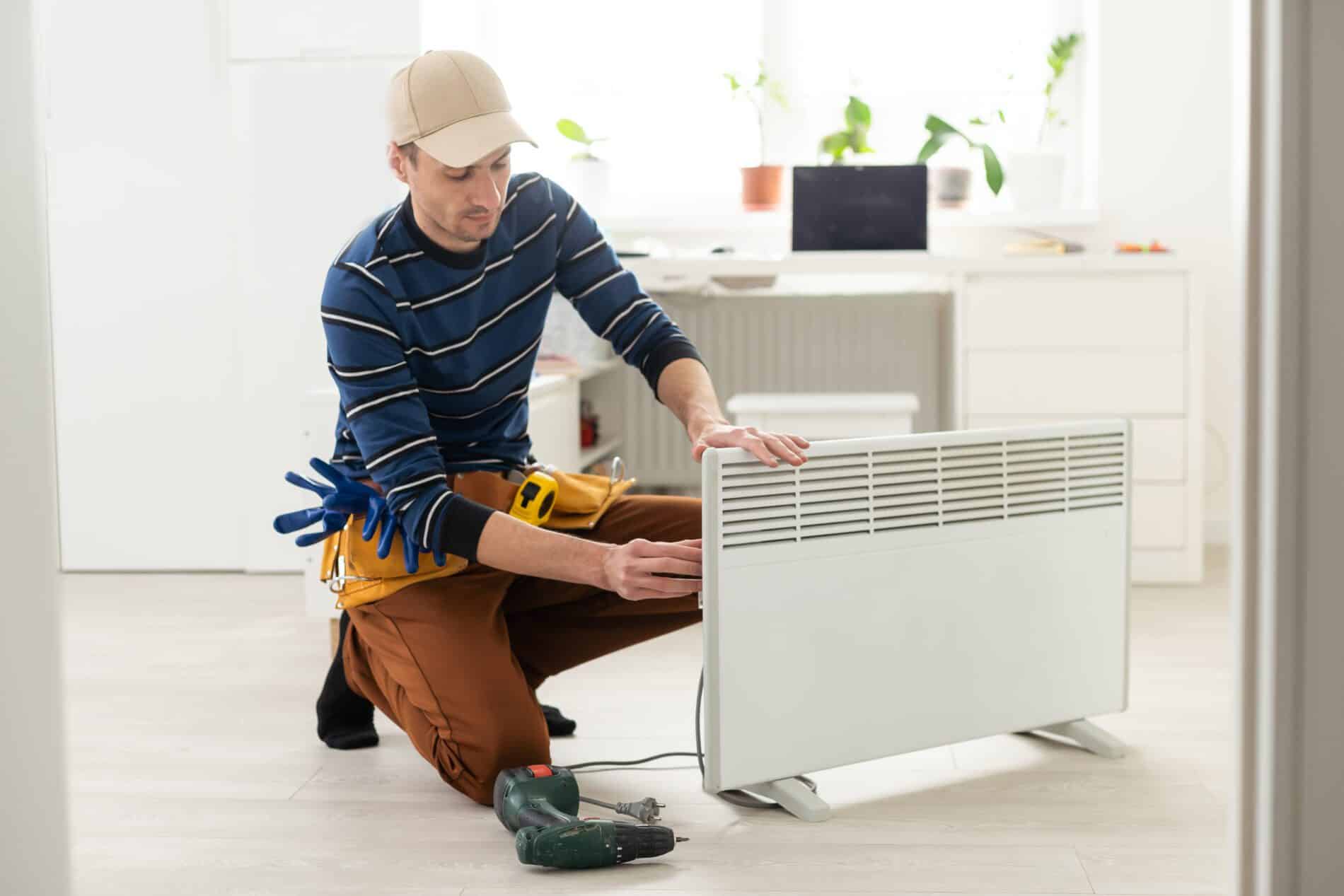Analyzing Heater Malfunctions
Analyzing Heater Malfunctions
Blog Article
Every person is bound to have their personal perception on the subject of Common Problems with Tank Water Heaters.

Think of starting your day without your regular hot shower. That currently sets an inadequate tone for the rest of your day.
Every residence needs a reputable water heater, however just a few recognize how to handle one. One very easy way to keep your hot water heater in leading shape is to check for faults consistently as well as repair them as soon as they appear.
Bear in mind to turn off your water heater prior to smelling about for mistakes. These are the water heater faults you are more than likely to encounter.
Water also hot or also chilly
Every hot water heater has a thermostat that establishes just how warm the water gets. If the water entering your home is also warm in spite of establishing a convenient maximum temperature, your thermostat may be malfunctioning.
On the other hand, too cold water may result from a stopped working thermostat, a broken circuit, or incorrect gas flow. For example, if you use a gas hot water heater with a damaged pilot burner, you would obtain cold water, even if the thermostat is in perfect problem. For electric heating systems, a blown fuse may be the wrongdoer.
Inadequate hot water
Hot water heater come in many dimensions, depending on your hot water needs. If you run out of hot water prior to everyone has had a bathroom, your hot water heater is too little for your family size. You should consider setting up a bigger hot water heater tank or choosing a tankless water heater, which occupies much less room and is more sturdy.
Strange noises
There are at least five kinds of noises you can hear from a water heater, but the most common interpretation is that it's time for the water heater to retire.
To start with, you should be familiar with the normal appears a hot water heater makes. An electric heater might sound different from a gas-powered one.
Popping or banging audios normally mean there is a piece of sediment in your tanks, and also it's time to clean it out. On the other hand, whistling or hissing audios may merely be your valves allowing some stress off.
Water leaks
Leakages could originate from pipes, water links, valves, or in the worst-case situation, the tank itself. Gradually, water will certainly wear away the tank, as well as locate its way out. If this takes place, you need to replace your water heater asap.
Nevertheless, prior to your change your entire storage tank, make sure that all pipes remain in area and that each valve works completely. If you still require aid identifying a leak, call your plumber.
Rust-colored water
Rust-colored water indicates among your hot water heater components is corroded. It could be the anode rod, or the storage tank itself. Your plumber will certainly have the ability to recognize which it is.
Warm water
Despite just how high you established the thermostat, you won't get any kind of warm water out of a heating system well past its prime. A hot water heater's performance might minimize with time.
You will certainly likewise get warm water if your pipelines have a cross connection. This implies that when you switch on a tap, warm water from the heating unit flows in alongside normal, cold water. A cross link is simple to spot. If your warm water faucets still run after closing the water heater shutoffs, you have a cross connection.
Discoloured Water
Corrosion is a major cause of unclean or discoloured water. Corrosion within the water container or a stopping working anode pole can trigger this discolouration. The anode rod secures the tank from rusting on the within and also need to be inspected yearly. Without a rod or a properly working anode rod, the hot water promptly rusts inside the container. Call a professional water heater specialist to establish if changing the anode pole will take care of the problem; if not, replace your hot water heater.
Conclusion
Ideally, your water heater can last ten years before you need a change. Nonetheless, after the 10-year mark, you might experience any one of these mistakes a lot more consistently. Now, you need to include a brand-new water heater to your budget plan.
How To Troubleshoot 3 Common Water Heater Problems in Twin Cities
The Water Heater Is Leaking
A leaky cold water inlet valve A loose pipe fitting A leaky temperature and pressure relief valve A corroded anode rod A cracked tank Turn Off Your Water Heater:
Shut off your gas water heater by turning the gas valve on the unit to the “OFF” position. Shut off your electric water by switching its power off at your electrical panel. Look for a two-pole breaker labeled “water heater” and turn it to the “OFF” position. Move the ball valve connected to the water heater to be perpendicular to the piping at a 90° angle. Look for the Leak:
Depending on whether the water is coming from the tank's top or bottom, you’ll want to look for the leak in different locations.
If the leak comes from the top of the tank, carefully look for water escaping from the cold water inlet valve or loose pipe fittings. Rusted hot and cold water valves can have loose connections with the tank, with water leaking out of them.
https://mspplumbingheatingair.com/blog/how-to-troubleshoot-3-common-water-heater-problems
Do you like more info about Water Heaters Problems? Give feedback down the page. We'd be delighted to know your responses about this posting. In hopes that you come back again later on. For those who liked our page if you please be sure to share it. Thank you so much for your time spent reading it.
Emergency plumbing? Choose the best. Report this page